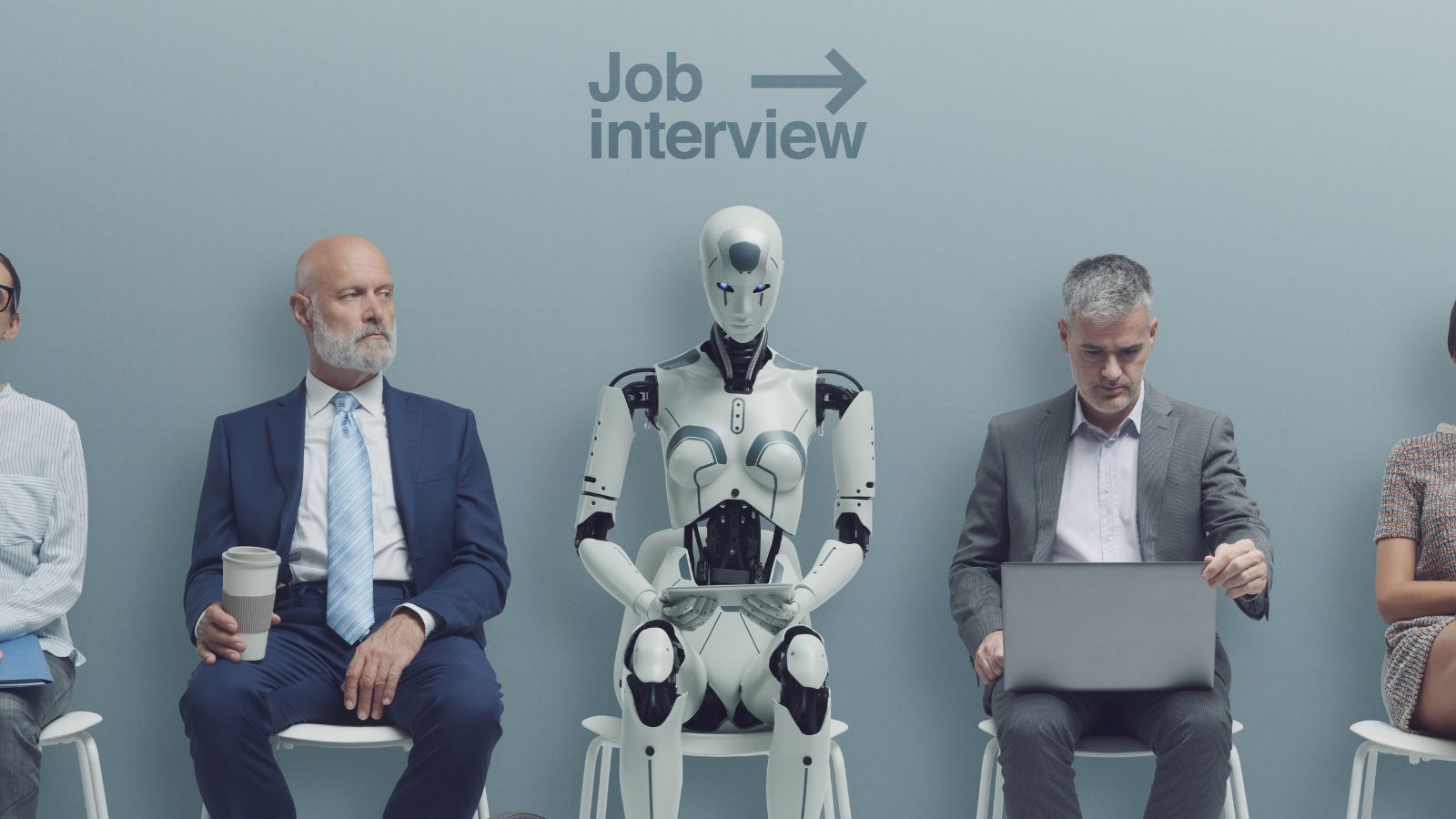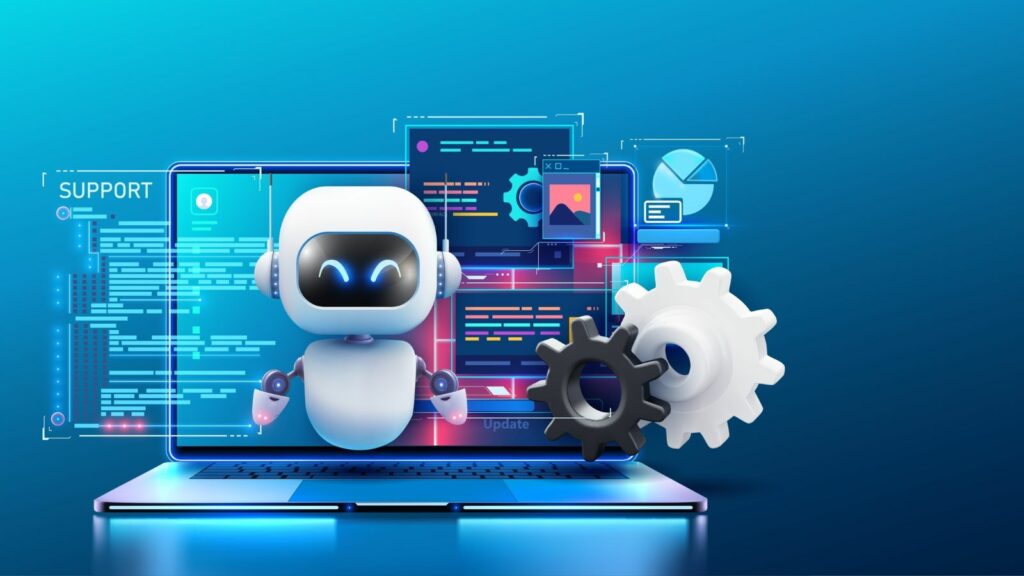Automation, with the help of AI, robots, and machine learning, changes the global labor force. While automation offers greater efficiency, lower prices, and new advancements, there are significant concerns regarding jobs and the future of work. Automation is sharply influencing many types of work as positive opportunities and challenges. Organizations, policymakers, and people trying to navigate this shifting market need this knowledge. Here are 17 startling facts about how automation transforms jobs, economies, and communities worldwide.
Higher Productivity

Automation boosts productivity by performing routine jobs with fantastic speeds and accuracy. This efficiency gives businesses room to perform more procedures with fewer resources. However, it often means that fewer human laborers are needed to work on those routine tasks, reducing specific employment positions.
Job Displacement vs. Job Creation

An often-heated debate surrounding automation is whether it will become a job-replacement technology instead of a job-creating one. Historical data demonstrate that though automation takes away some jobs, it creates new ones in emerging areas. The challenge lies in the fact that workers can transition to these new professions through the retraining and education process.
Impact on Low-Skilled Labor

An obvious example of jobs that can be easily automated is low-skilled, repetitive tasks. Often, manufacturing and customer service positions replace humans with robots or artificial intelligence systems, and data entry jobs are also usually done through artificial means. This unfair exposure requires a much greater need for reskilling to find other alternative, more valuable careers.
High-Skilled Employment Jobs Surge

While automation eliminates certain jobs, it creates a higher demand for skilled positions in technology, engineering, and data science, necessitating more advanced knowledge and skills. As a result, there is a need to invest in education and training programs on STEM subjects: Science, Technology, Engineering, and Mathematics.
The Emergence of the Gig Economy

Automation increases the gig economy by allowing services like Uber, Upwork, and Airbnb. Although these services have made flexible employment options possible for many people, a job lacks security and benefits, so many concerns arise that pertain to workers’ rights and economic security.
Inequality and the Digital Divide

Automation often increases economic inequality by benefiting individuals with technological skills and resources. Workers lag in such knowledge-intensive skills, which can contribute to widening the wealth gap. This was approached through specific policies in digital infrastructure.
Regional Economic Disparities

Automation’s impact varies by area, reflecting differences in economic systems and reliance on specific sectors. Manufacturing centers would be hit worse than technology-centric zones. Policymakers must develop localized policies that benefit affected populations.
Ethical and societal implications

The ethical implications of automation extend beyond employment losses. Data privacy, algorithmic prejudice, and the treatment of labor by automated systems pose serious concerns about how much technology is becoming an accepted part of our society. Companies and governments must ensure that automation techniques are both fair and transparent.
Human-AI collaboration

Automation often complements, rather than replaces, human abilities. In most industries, AI supplements the workforce to increase productivity and decision-making capacity. This symbiosis can lead to better, more innovative workflows.
Emotional and creative jobs are safe.

Jobs that involve emotional intelligence, creativity, and sophisticated problem-solving skills will be less likely to be automated. Jobs in healthcare, education, and the arts heavily depend on human sensitivity and intellect, making them less susceptible to technological disruption.
The Need for Lifelong Learning

Given this context, the concept of lifelong learning is essential. Continuing education and skill enhancement are the only effective ways for workers to adapt to the evolving demands of their jobs. Both employers and governments must contribute by providing accessible training programs.
Automation for Emerging Markets

Automation presents both challenges and opportunities for emerging countries. While it may disrupt certain traditional sectors, it also offers the chance to skip over some developmental stages by leveraging modern technologies. The goal is to strike a balance between automation and creating new jobs.
Reskilling and Upskilling Initiatives

Robust reskilling and upskilling initiatives are essential for effective adaptation to automation. Companies that invest in employee development reduce the risk of job displacements and encourage innovation and loyalty. The government can contribute through public training efforts.
Impact on Work-Life Balance

Automation makes work-life balance easier by eliminating the drudgery of repetitive work, freeing people up to focus on more meaningful work. On the other hand, automation scares people about job security and creates the “always-on” mentality, blurring what is work-life and what is not.
Automation in unexpected sectors

While automation has often been associated with industries like manufacturing and logistics, it is surprising how it enters fields such as journalism, law, and finance. AI-based tools can now generate written content, analyze contracts, and provide financial recommendations. This shift demonstrates that automation, once thought to be “immune” to disruption, is now transforming the professional landscape.
The Role of the Government and Policy

The government plays a crucial role in mitigating the effects of automation by implementing rules to protect workers while allowing innovation to continue. Such measures include universal basic income, tax breaks for reskilling, and restrictions on automation technologies.
Planning for the Future of Work

The threat of automation cannot be defined as a future phenomenon since it is ongoing. Thus, corporations, governments, and educational institutions are collectively required to develop resilient economies and a flexible workforce. In this way, society can benefit from automation by minimizing the associated disadvantages.
Conclusion

Automation is synonymous with a deep and wide impact on jobs, most of which are opportunities but create challenges, too. It stands for better efficiency and more innovation; however, it has asked more profound questions on job replacement and the ethics of technological processes. Therefore, the future of work will be determined by how effectively societies respond to these changes through reskilling initiatives, supportive laws, and human-AI partnerships. It is knowledge of these revealing truths that will help us navigate the rather nasty landscape of automation so that it may have the chance to be a force for progress and not for discord.
25 Countries Predicted to Become Economic Superpowers in the Next 20 Years

The strength of an economy plays a crucial role in various international policies about trade and relations. Certain factors determine the strength of an economy, including population growth, availability of resources, and development and advancement. Here are 25 countries predicted to become economic superpowers in the next 20 years
25 Countries Predicted to Become Economic Superpowers in the Next 20 Years
